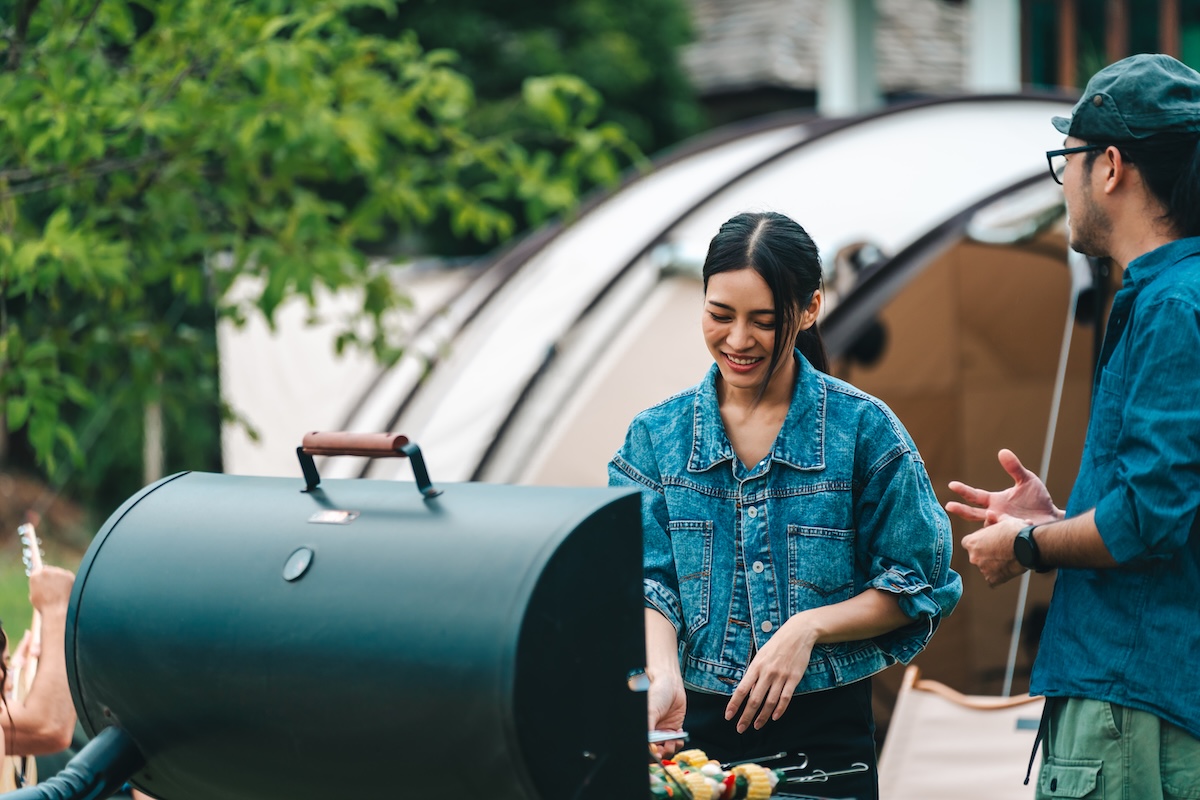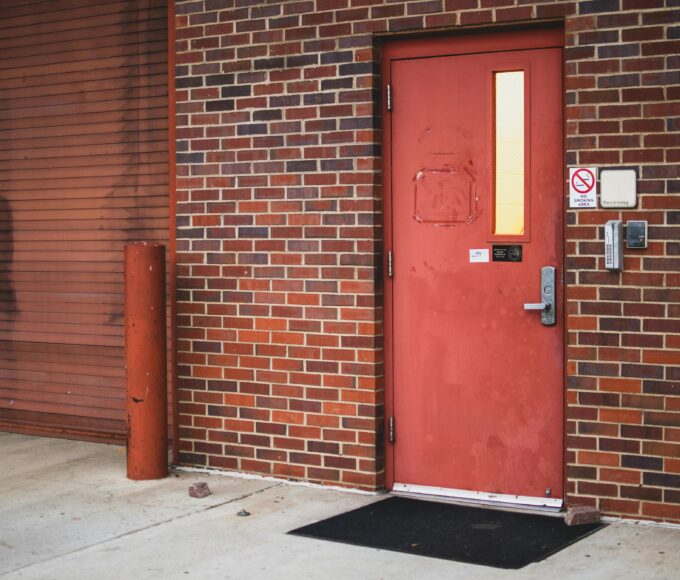When the grill season rolls around, the air is filled with the promise of smoky, slow‑cooked perfection. Whether you’re a seasoned pitmaster or a weekend grill‑enthusiast, investing in a quality smoker can transform your backyard BBQ into an unforgettable culinary experience. Below, we’ll walk through the essentials you need to know before you fire up the grill.
1. Understand the Smoking Process
Smoking isn’t just about adding a smoky flavor; it’s a low‑temperature cooking method that tenderizes meat over several hours. The key variables—temperature, wood type, and cooking time—work together to produce that melt‑in‑your‑mouth texture that fans of barbecue crave. A reliable smoker maintains a steady temperature between 225°F and 275°F, giving you the consistency you need for ribs, brisket, or even vegetables.
2. Types of Smokers to Consider
- Electric Smokers – Great for beginners, these units are plug‑in and automatically regulate temperature. They’re a solid choice for those who want a “set‑and‑forget” experience.
- Wood‑Fire Smokers – Traditional and versatile, they let you choose your wood chips or chunks, giving you full control over flavor. Charcoal smokers fall into this category and provide an intense, smoky taste.
- Combination Smokers – Combining electric and wood‑fire elements, these models let you switch between methods without switching units.
Each type has its own learning curve and maintenance requirements, so consider how much time you’re willing to devote to perfecting your smoke.
3. Size Matters
Smokers come in a range of sizes—from portable tabletop units that fit on a patio table to large, freestanding models that can accommodate a whole family’s worth of meals. Think about the space you have available and the frequency with which you’ll use the smoker. If you’ll have guests over often, a larger unit will reduce the number of batches you need to cook.
4. The Right Wood for the Right Flavor
The wood you choose can dramatically alter the end product. Mild woods like fruit‑wood (apple or cherry) are ideal for poultry, while hickory or mesquite delivers a robust, smoky taste for beef. Experimenting with different woods is part of the fun, but remember that the type of meat dictates the best pairing.
5. Find the Best Smoker BBQ Grills
If you’re hunting for the perfect unit, start by exploring the market’s top offerings. A quick search will reveal the best smoker bbq grills—a curated list from seasoned reviewers and barbecue lovers alike. These picks range from budget‑friendly to premium, ensuring there’s a smoker for every pocket and palate.
6. Care, Clean, and Preserve
Once you’ve selected your smoker, maintenance is key to longevity. Clean the grates after each use, remove ashes for electric models, and store the wood in a dry place to preserve its flavor. A well‑kept smoker not only lasts longer but also delivers consistent, delicious results every time.
Final Thoughts
A great BBQ smoker is more than a cooking appliance; it’s a gateway to a lifestyle of flavor exploration and gathering. By understanding the fundamentals—temperature control, wood selection, and proper maintenance—you’ll be ready to create mouth‑watering dishes that keep guests coming back for more. Happy smoking!
















